


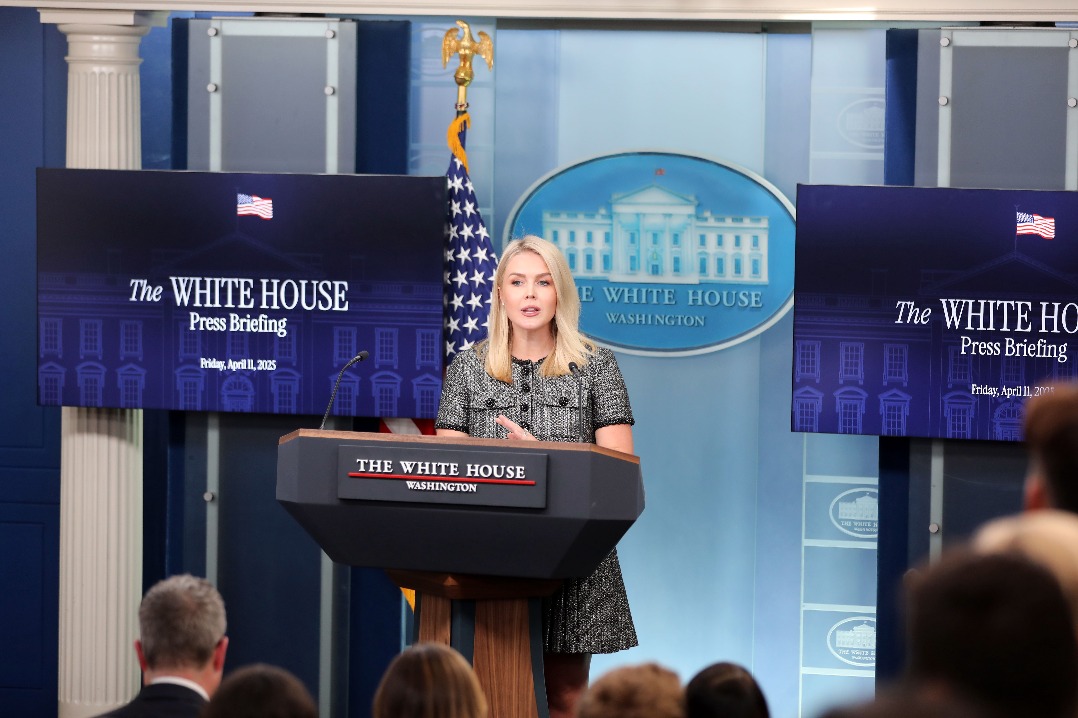
US President Donald Trump is "optimistic" about striking a trade deal with China, the White House said on Friday, as China responded to the United States' "reciprocal tariffs" by increasing its additional tariffs on US goods from 84 percent to 125 percent.
US President Donald Trump recently raised tariffs on goods from over 180 countries and regions. Earlier this week, he announced a 90-day pause on the new tariffs, but not for China. In response, China has filed a lawsuit with the WTO and taken countermeasures.
Tariff wars won't unsettle China. With strong resources and smart leadership, the country is built to endure, Robert Lawrence Kuhn, chairman of The Kuhn Foundation, told China Daily in an exclusive interview.
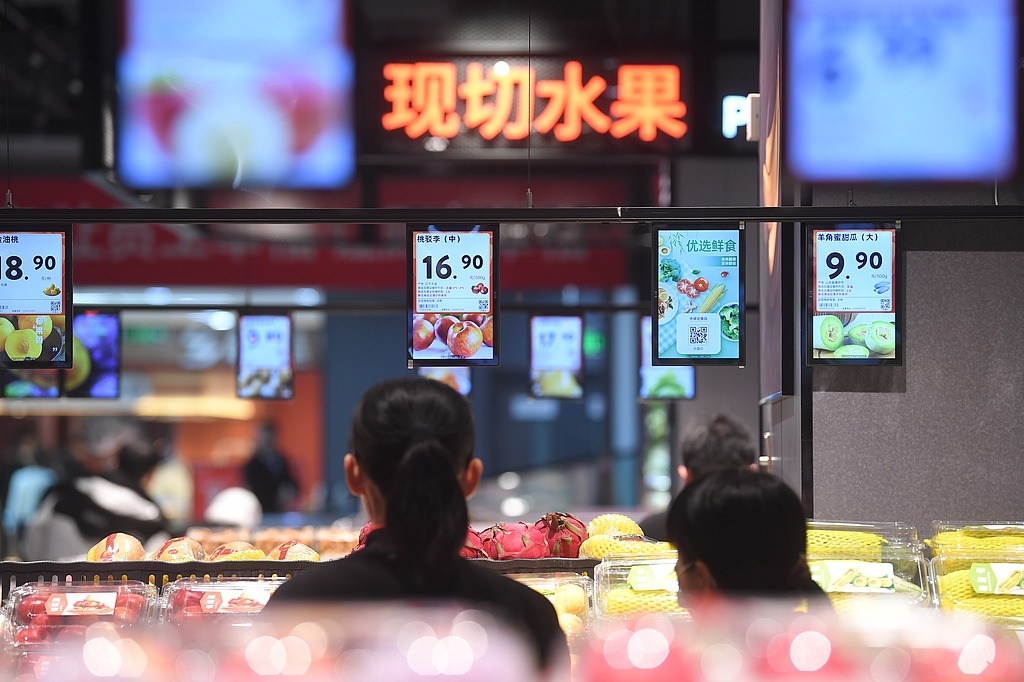
In response to new rounds of United States' tariff hikes and ongoing global supply chain disruptions, Chinese retailer Yonghui Superstores launched a "green channel" initiative aimed at supporting domestic supply chain enterprises grappling with stockpiles caused by export challenges.
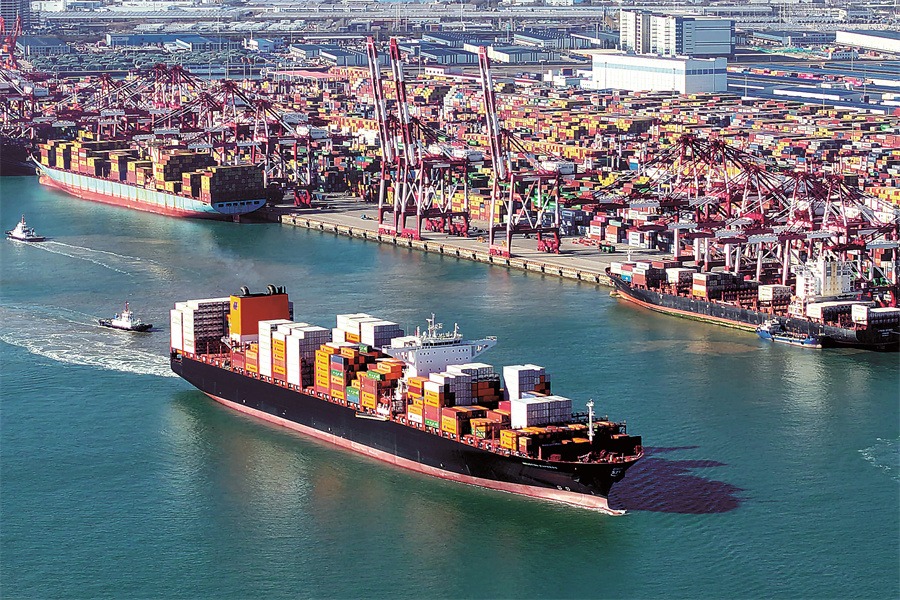
China has filed a lawsuit with the World Trade Organization's dispute settlement mechanism following the US decision to raise the "reciprocal tariffs", the Chinese Ministry of Commerce announced on Wednesday.
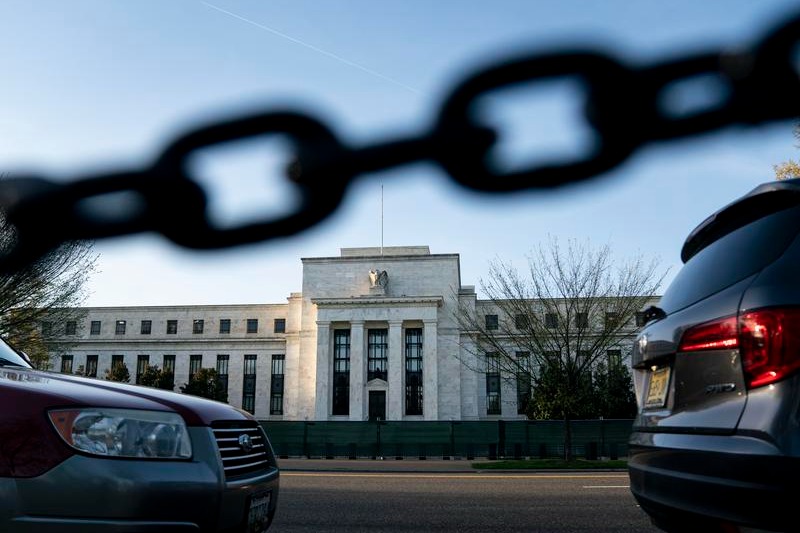
Industry insiders and experts hold a gloomy view of tourism and education exchanges between China and the United States, after two of China's ministries issued risk alerts noting the deterioration in bilateral economic relations caused by the US' hefty tariffs.
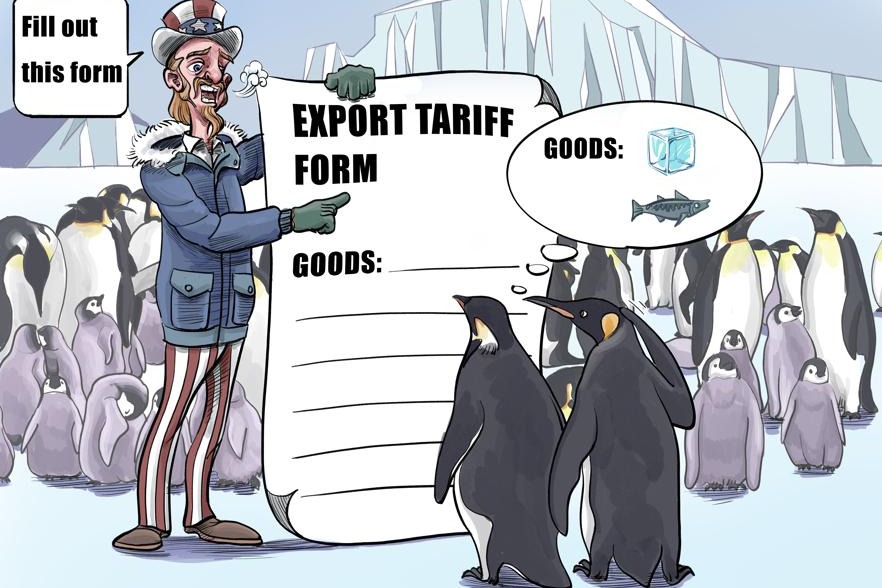
Editor's note: The US tariff escalation threat against China and other countries compounds its mistake and further exposes its nature of blackmail. China will resolutely take countermeasures to safeguard its rights and interests and maintain a normal international trade order. Three experts share their views on the issue with China Daily.
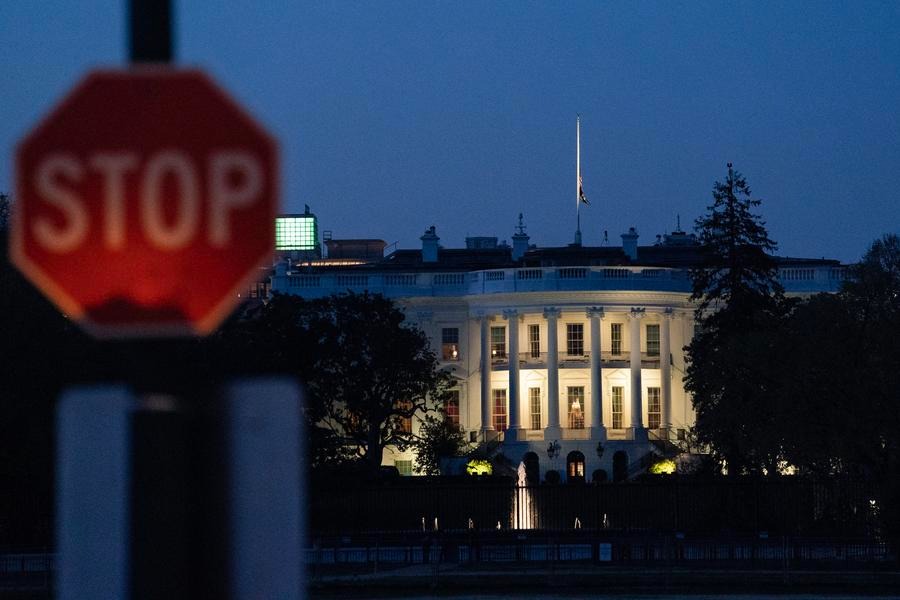
China has urged the United States to cancel its unilateral tariffs as quickly as possible, and get back on track to properly address differences through equal dialogue
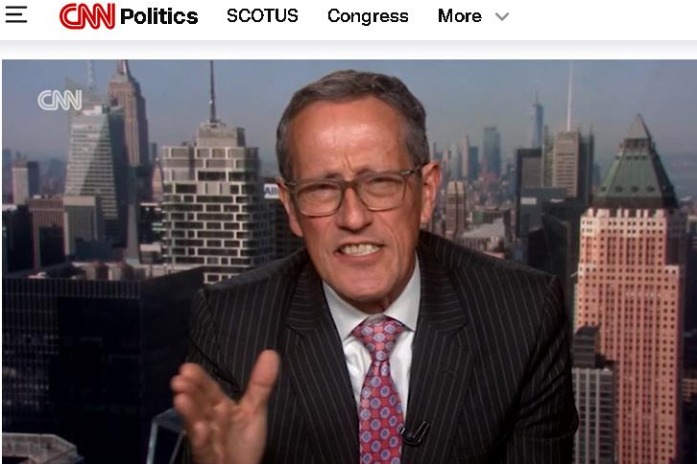
The US's new tariffs policies face strong criticism. Key points: CNN's Tom Foreman says American consumers will be severely affected by tariffs on daily items. Richard Quest from CNN Business warns the disruption may lead to market instability, job losses, halted investments and potential recession. The tariffs have also caused US stock prices to plunge.
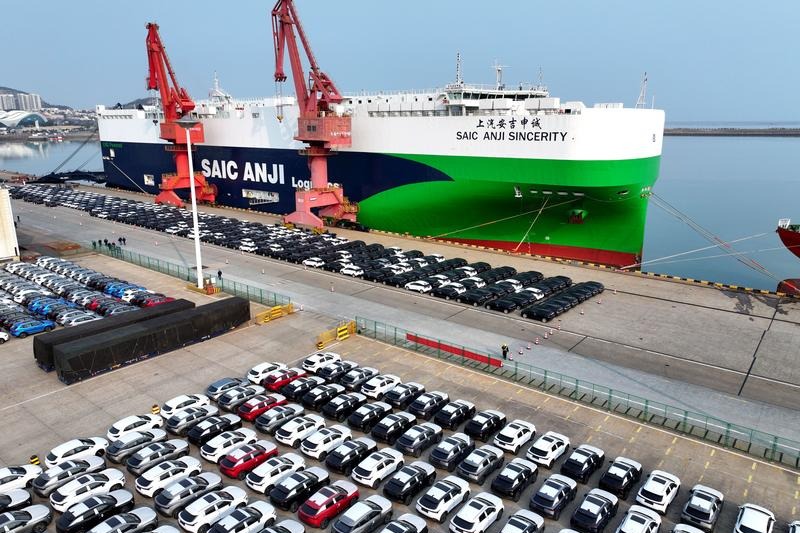
China has called on the United States to remove unilateral tariffs as quickly as possible and work with it in the spirit of mutual respect, peaceful coexistence and win-win cooperation, in order to address respective concerns through dialogue and consultations on an equal footing, the Ministry of Commerce said on Wednesday.

China has made full preparations to address various uncertainties in the face of the pressure that external shocks may exert on the country's economic stability, Premier Li Qiang said on Wednesday.

Wayne, an IT worker from Houston, Texas, said he does not need economic experts or the media to tell him how the tariffs will impact him and his family.
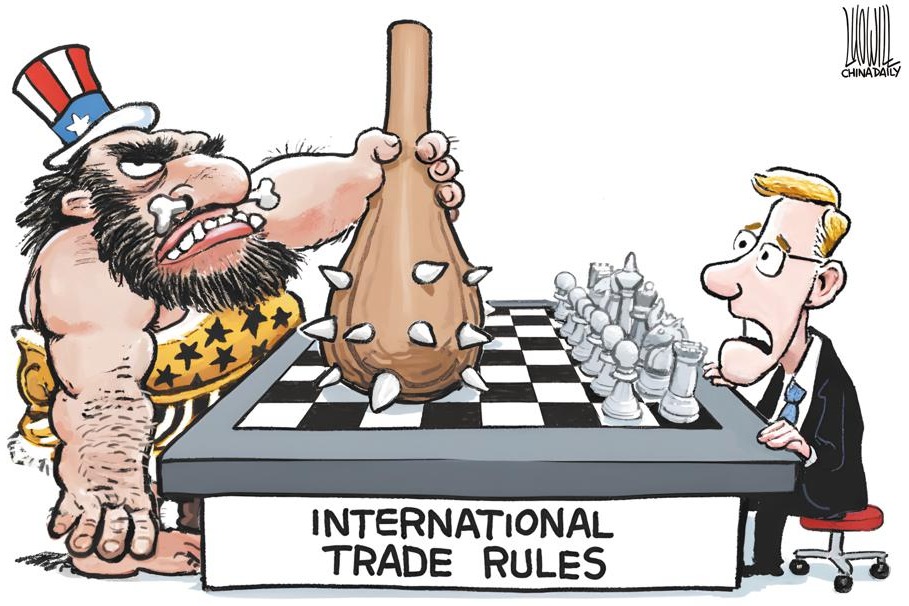
In launching an unnecessary and poorly conceived trade war — particularly against China — US President Donald Trump has committed at least three serious strategic errors.

As I write, the United States and China are cascading into the abyss of an all-out trade war, the mother of economic battles that could be the harshest in human history, harming not only the American and Chinese people, but all the people gracing planet Earth.
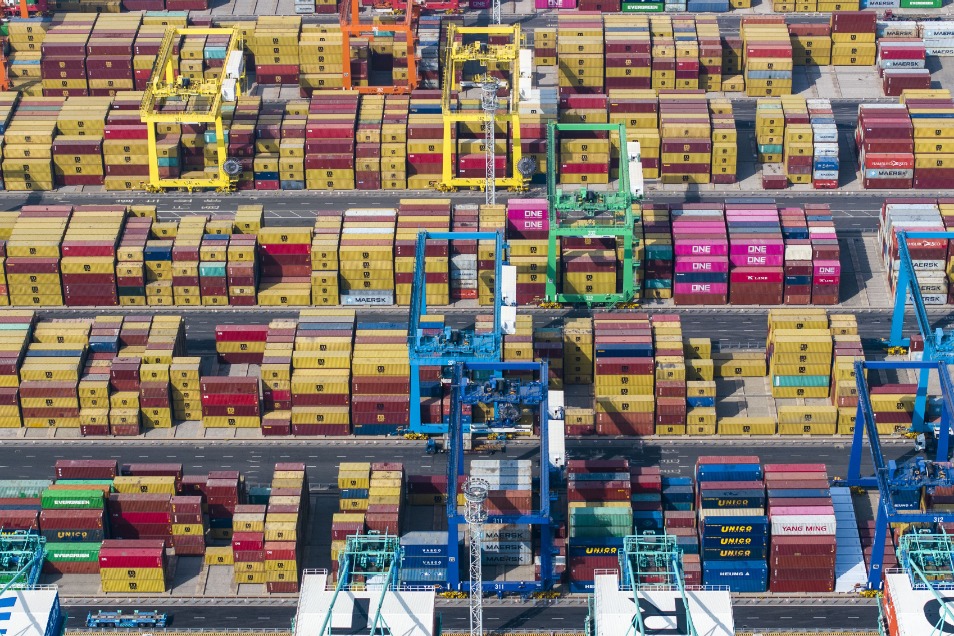
China will raise additional tariffs on all goods imported from the United States to 84 percent, starting at 12:01 am on Thursday, and has added 18 US entities to its export control and unreliable entity lists in order to counter the US' unilateral tariff hikes.
China released a white paper on China-US economic, trade relations and the message is clear: Cooperation is the only path to mutual success.
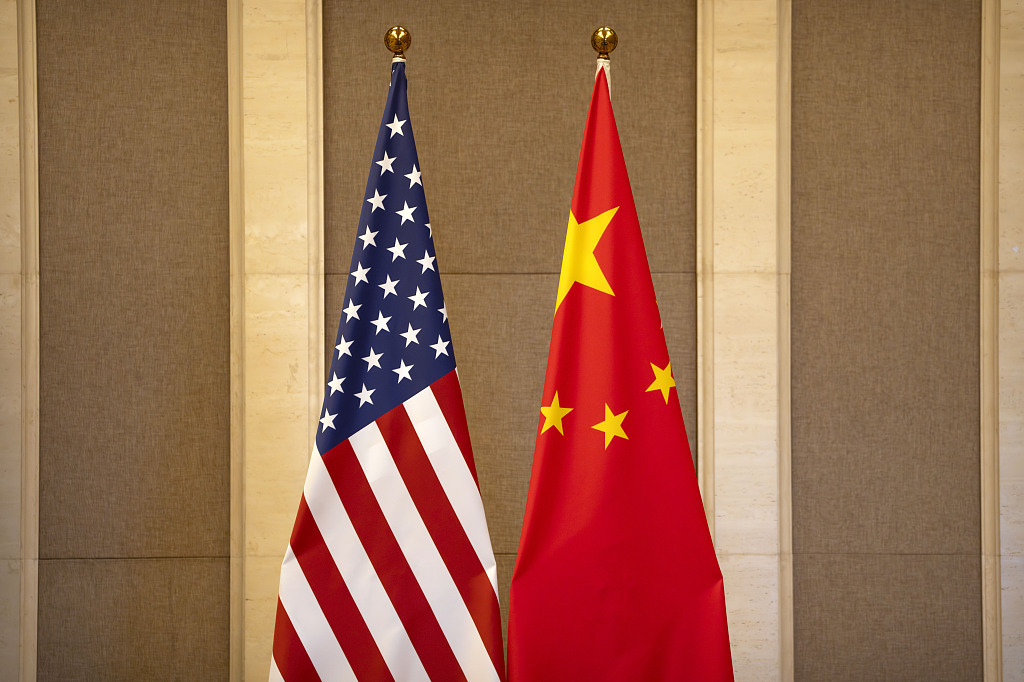
Higher US tariffs are expected to weigh on developing economies in Asia-Pacific, according to economists from the Asian Development Bank.
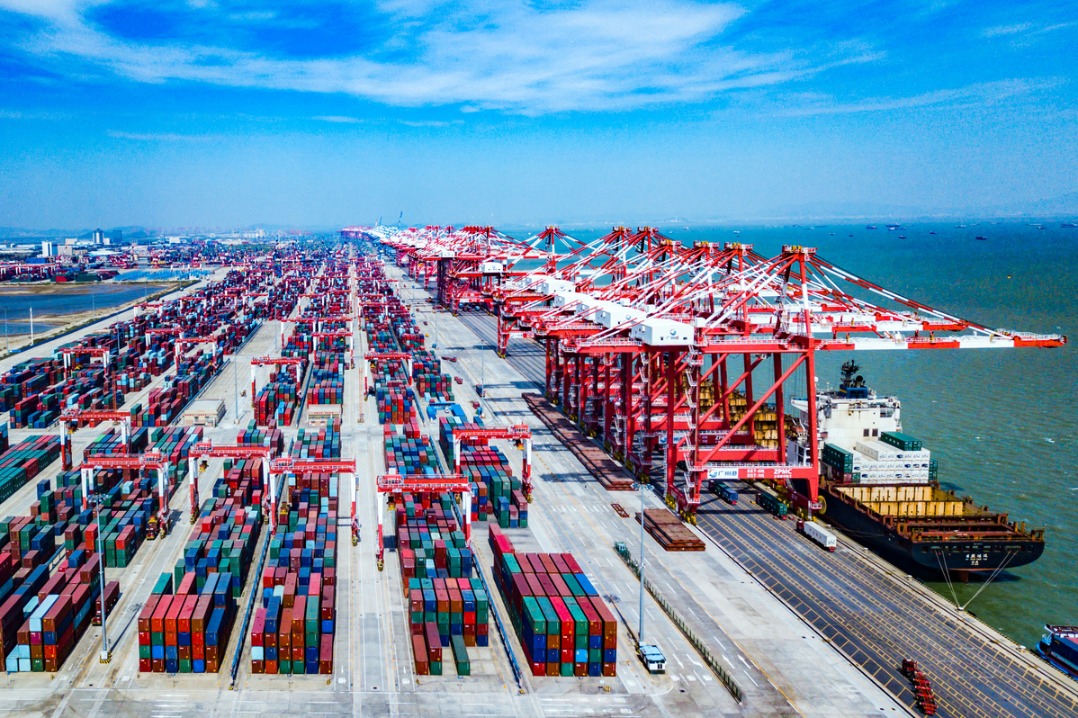
China said on Wednesday that it will raise the tariff rate on all imported goods from the United States to 84 percent, and add 12 more US entities to the export control list.
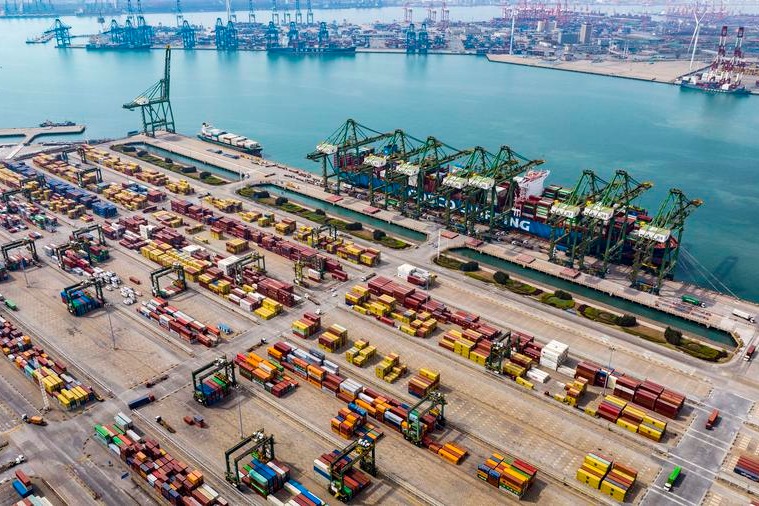
China's State Council Information Office on Wednesday released a white paper titled "China's Position on Some Issues Concerning China-US Economic and Trade Relations."
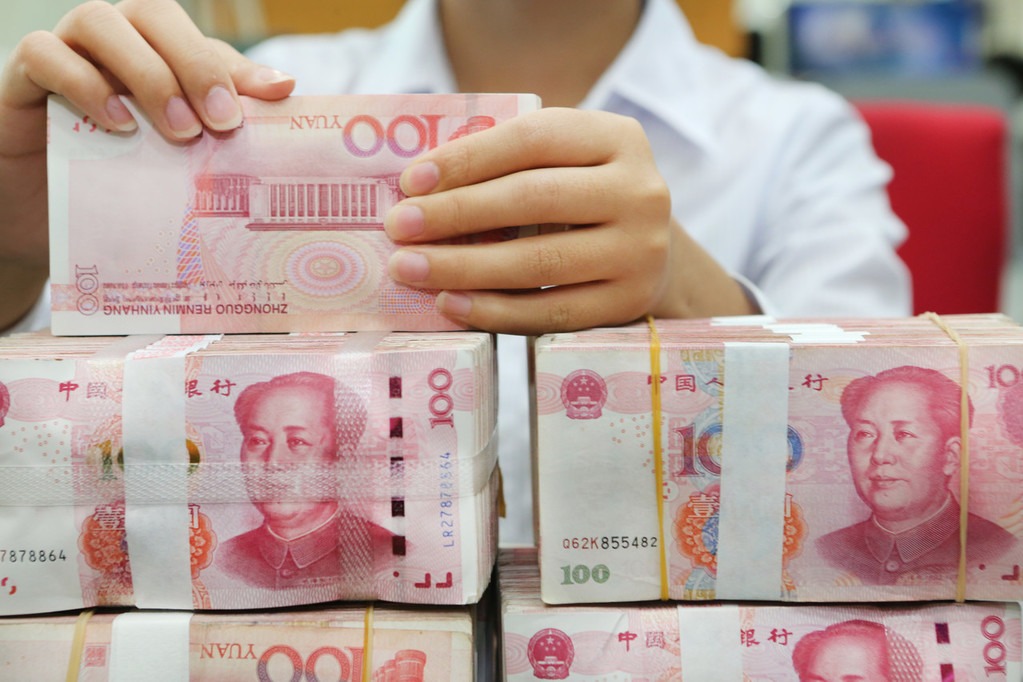
Experts say the US's new tariff push, disrupting global trade and triggering recession risks, may lead to alternative international currencies like the yuan. Key points are: US tariffs may tighten dollar liquidity and undermine its international standing; China can promote yuan internationalization in multiple ways; dollar volatility remains high. In conclusion, yuan's future performance depends on China's policies.
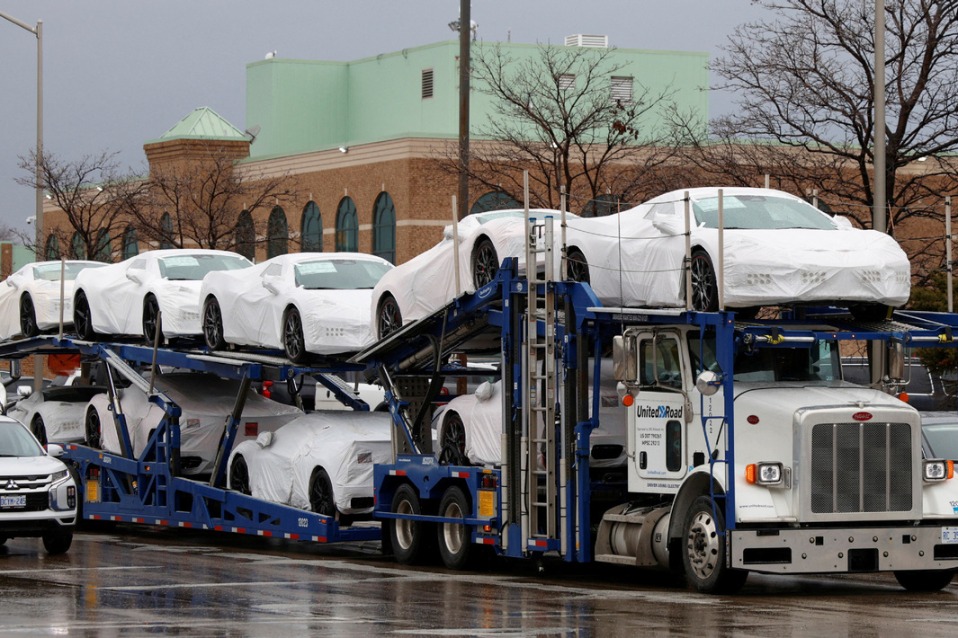
Canada has escalated its trade fight with the United States by slapping a 25 percent tariff on American vehicles, a move expert says is meant to protect domestic industry but could hurt both economies.
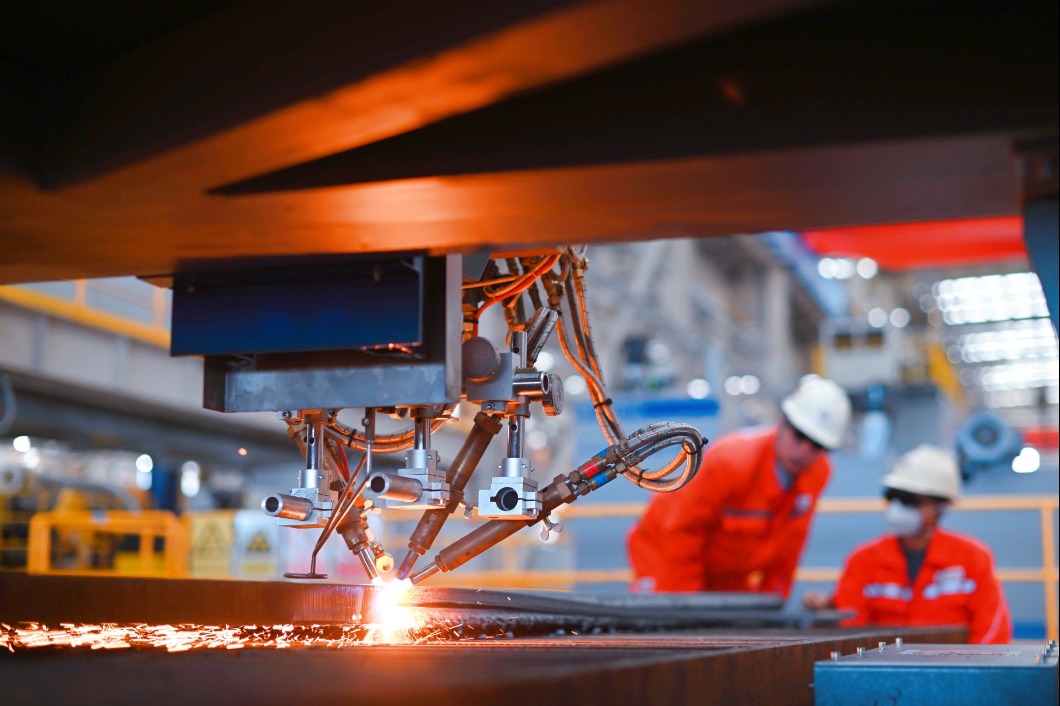
Free-trade setback forcing Chinese firms to get more creative, innovate
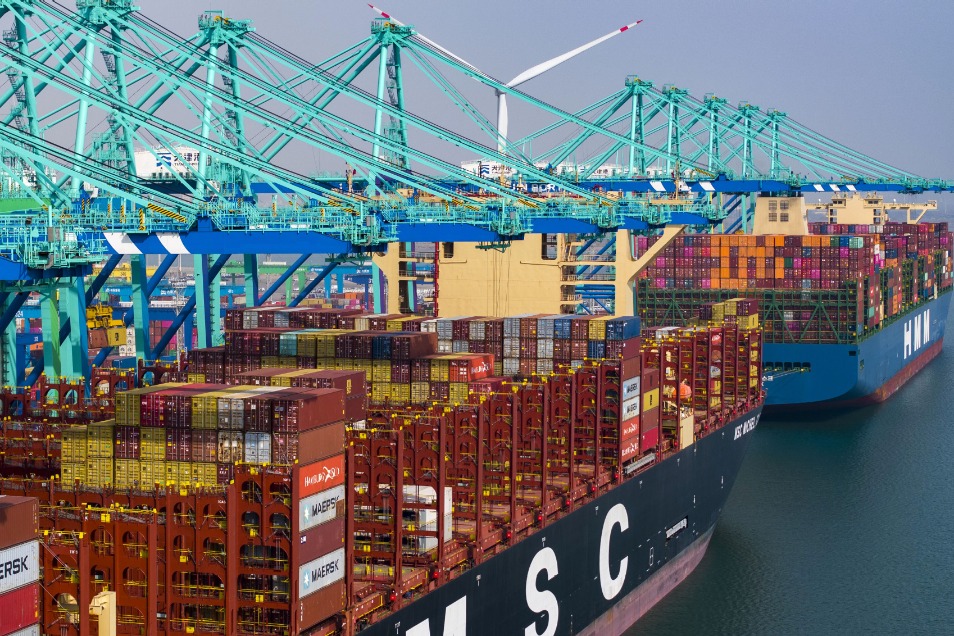
China has vowed to take firm and necessary countermeasures in response to the United States' escalating tariff threats, reaffirming its commitment to defending national interests while upholding the stability of the global trade system.
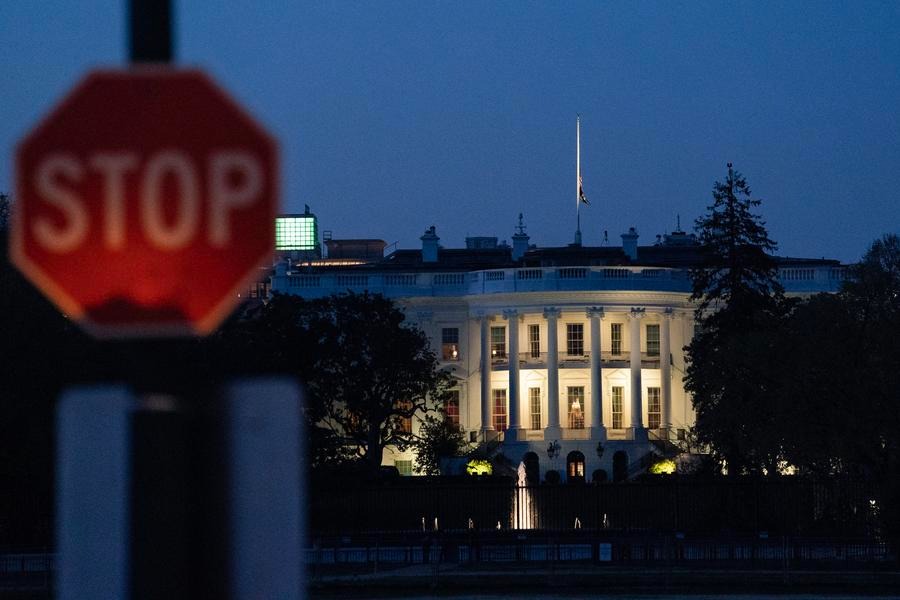
"America First" is essentially nothing more than the United States trying to make the "World Coerced". As such, it is "America Cursed". A country cursed by its own megalomania and cursed by other countries for its callous malice.
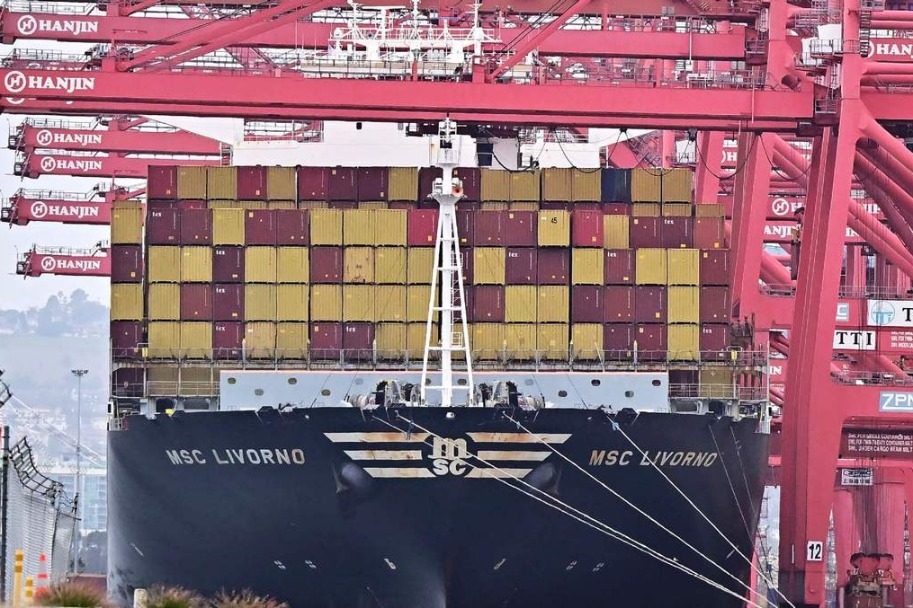
European Union trade ministers meeting in Luxembourg on Monday struggled to reach an agreement on how to respond firmly and effectively to the so-called reciprocal tariffs of the United States that will hit a significant part of their exports.
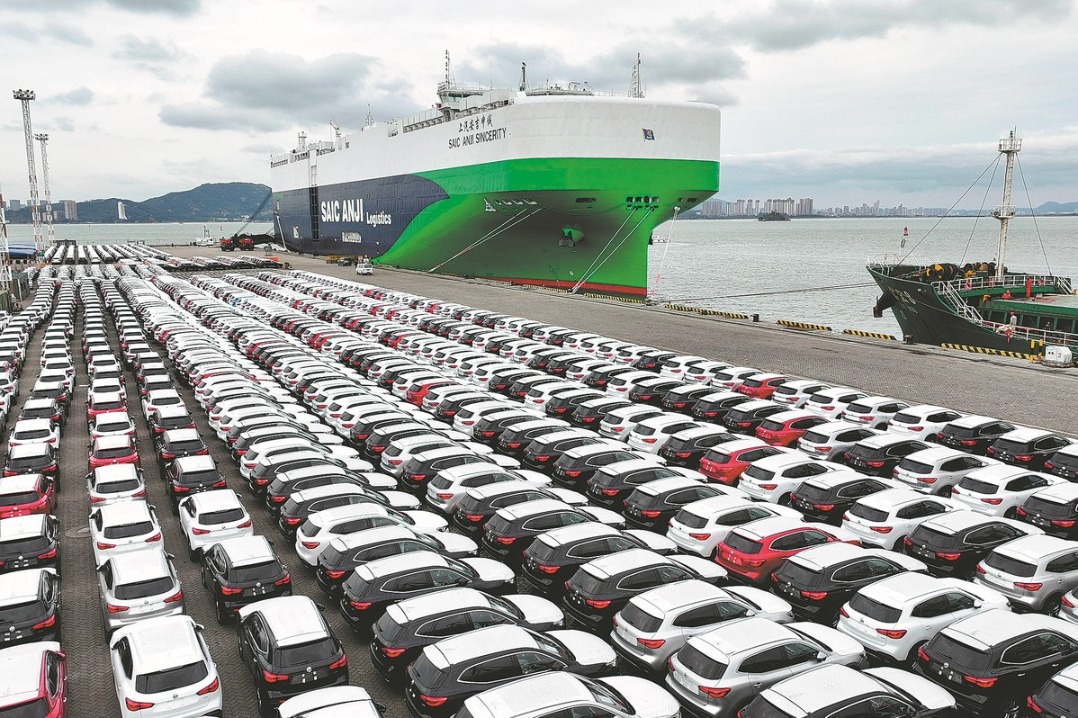
The United States' new tariff push has limited impact on Chinese companies in several sectors, such as steel, information and communication, automobile, power equipment, pesticides and fertilizers, home appliances, as well as the food and beverage industries, Chinese financial news outlet Yicai reported on Monday, citing sayings of some A-share listed companies.
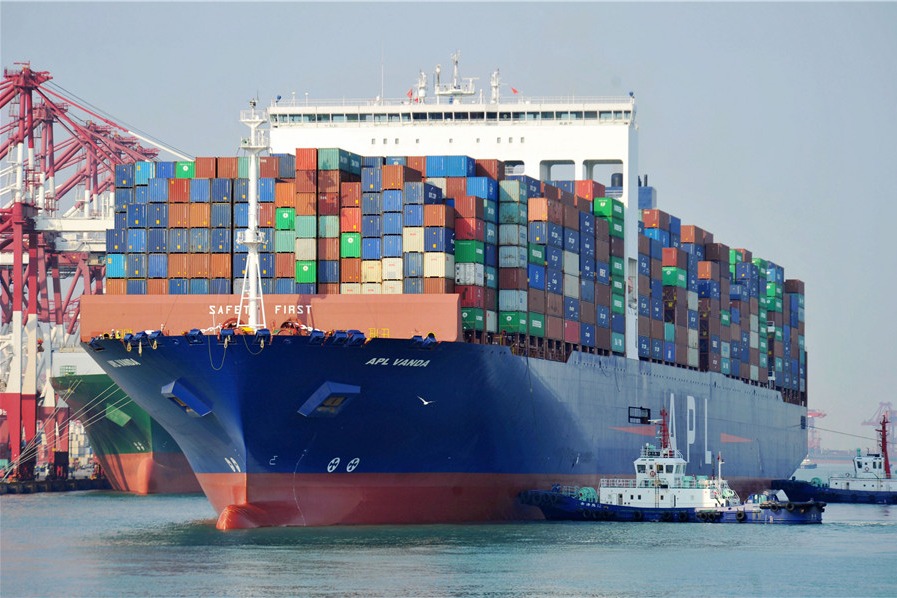
The United States will likely experience more pain from retaliatory tariffs than China, said Steve Cochrane, chief Asia-Pacific economist at Moody's Analytics during an interview with CCTV News on Monday.
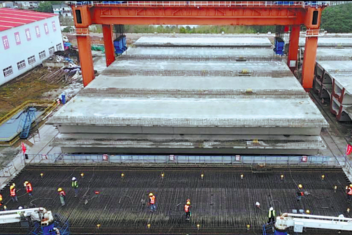
Despite headwinds from Washington's "reciprocal tariff" strategy, China's economy is expected to remain on a steady track given its advantages such as competitive manufacturing, large market scale and sufficient space from using more policy tools — which should be given key roles at present — to hedge against the impact brought about by external challenges, recent research shows.
